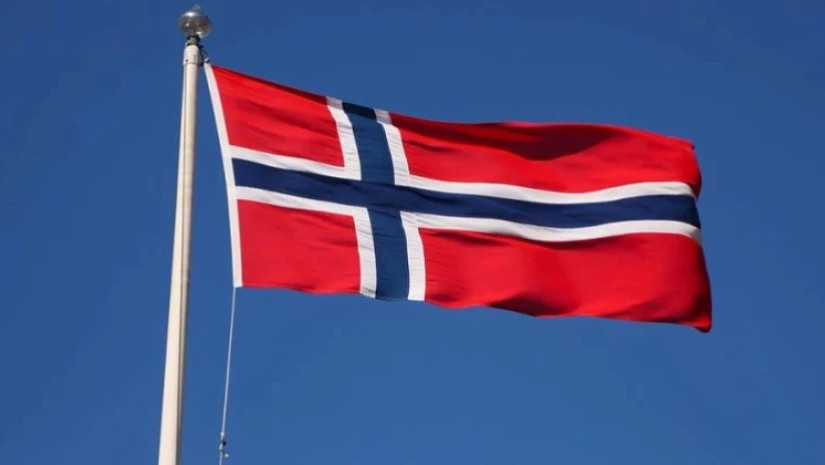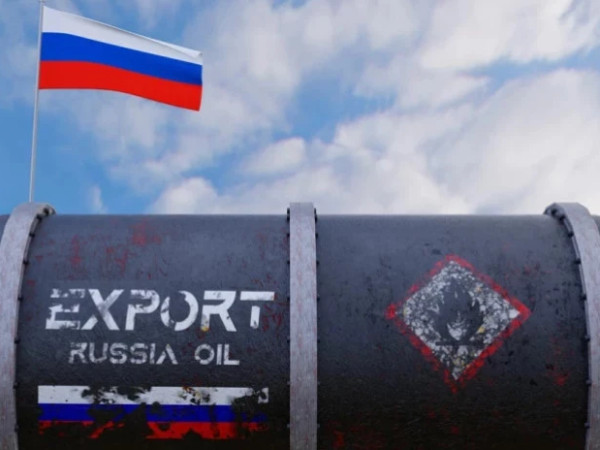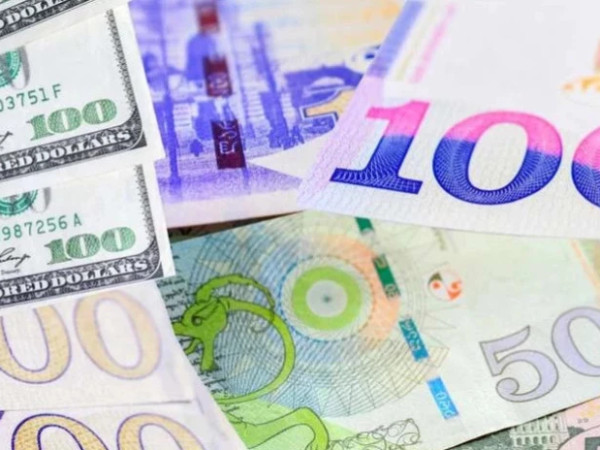Like many other countries, Norway has reacted to recent negative developments in Georgia in several ways. An EU decision to suspend the visa free regime for official passport holders will be followed up by parallel steps by Norway.
Widespread irregularities were reported from Georgia’s 26 October parliamentary elections. The election triggered serious criticism by international election observers, as reflected in the report by the OSCE Office for Democratic Institutions and Human Rights (ODIHR).
The announcement a month later by the government of its decision to suspend the country’s EU accession process until 2028 was followed by mass protests, which have since continued on a daily basis. The demonstrators have at times been subjected to brutal violence on the part of the authorities, most recently on 2 February in Tbilisi.
Georgia’s international partners have reacted to the worrying developments in several ways, including by statements and concrete measures. Such steps have also been taken by Norway. Measures implemented by Norway include the following:
No new cooperation projects involving Georgian authorities.
Reduction of financial support to cooperation with Georgian authorities through multilateral channels; increased support for civil society.
Suspension of bilateral cooperation in the defence sector.
Reduced political-level contacts.
Norway and likeminded countries are holding Georgia accountable in relevant fora of the Council of Europe. On 20 December, Norway was among the countries that evoked the OSCE Vienna Mechanism with regard to Georgia. This Mechanism means that the authorities of the relevant country have to answer certain questions by a given deadline. The questions were related to Georgia’s adherence to values and principles to which Georgia has committed itself as an OSCE Participating State.
On 27 January, the EU decided to suspend visa freedom to the Schengen area for Georgian travellers with diplomatic and official passports. Norway will consider taking parallel steps.


















